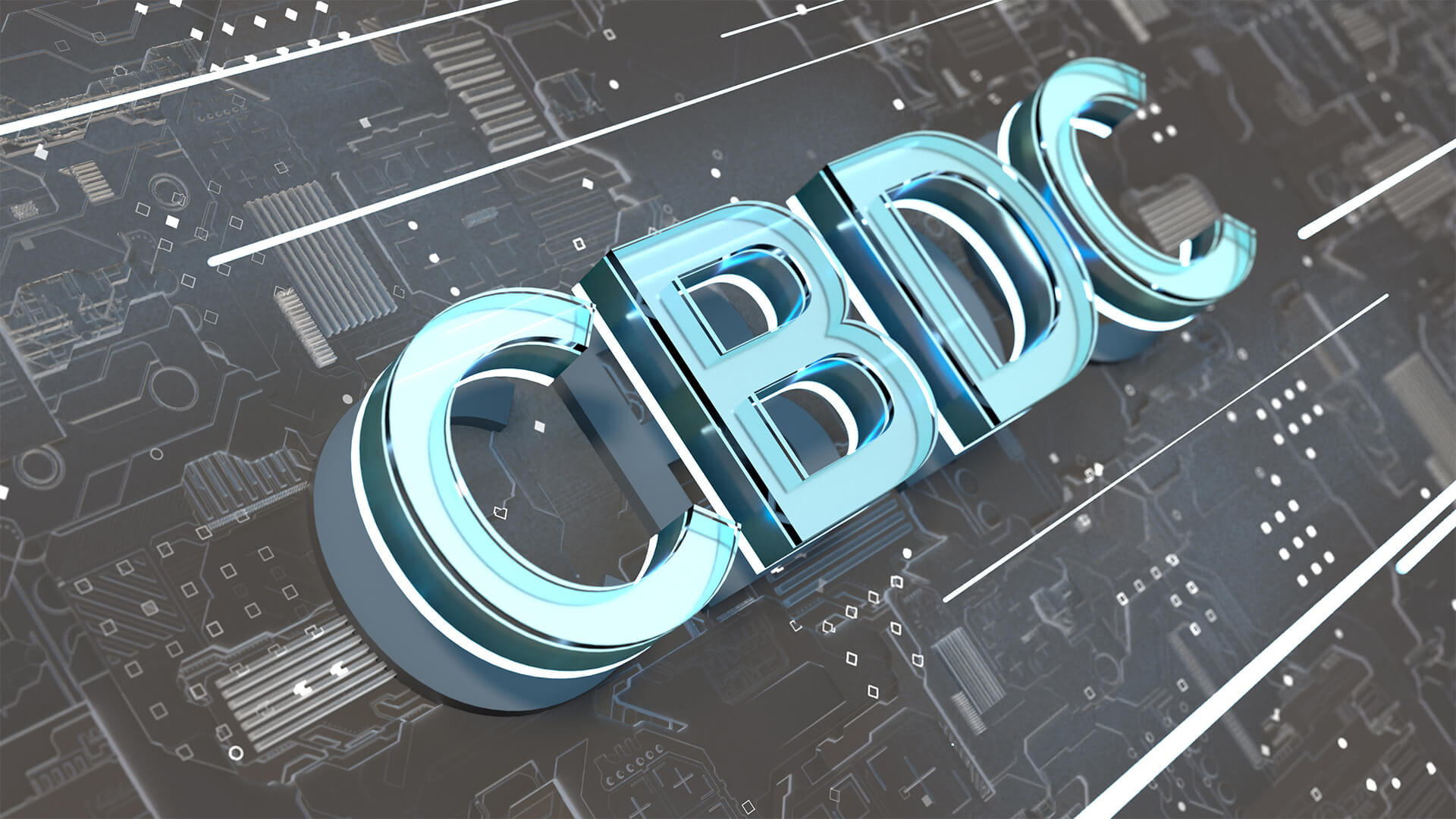The Oklahoma House Committee Votes to Exclude CBDC from the Definition of Money
The Oklahoma House Committee unanimously passed a bill that could pose a significant obstacle for Central Bank Digital Currency (CBDC) in the state. Introduced by Rep. Clay Staires, House Bill 3323 (HB3323) was approved on February 5th and then passed by the Banking, Financial Services, and Pensions Committee with a vote of 10-0.
What Does This Bill Change?
HB3323 aims to modify the definition of money in the Oklahoma Commercial Code, excluding Central Bank Digital Currency from it. Similar legislation is already in place in Indiana and Florida; however, the consequences of this change in Oklahoma remain unclear at this point.
Risk for CBDC Implementation
Experts worry that altering the definition of money in the Oklahoma Commercial Code could create challenges for the federal government in implementing CBDC. Opponents of the legislation argue that states do not have the right to act against the Supremacy Clause, potentially leading to legal disputes in the future.
What is CBDC?
Central Bank Digital Currency (CBDC) is a form of digital currency issued by the government, aimed at providing a secure and convenient alternative to traditional cash. The elimination of cash gives the government the potential to track and control consumer spending, which raises privacy concerns among financial privacy advocates.
Decision on Digital Dollar Advanced, But Not Yet Finalized
The Federal Reserve Bank published a “discussion document” analyzing the benefits and drawbacks of a potential Central Bank Digital Dollar. Although a final decision on implementing the digital currency has not been made, a pilot program suggests that the concept is more advanced than initially believed.




